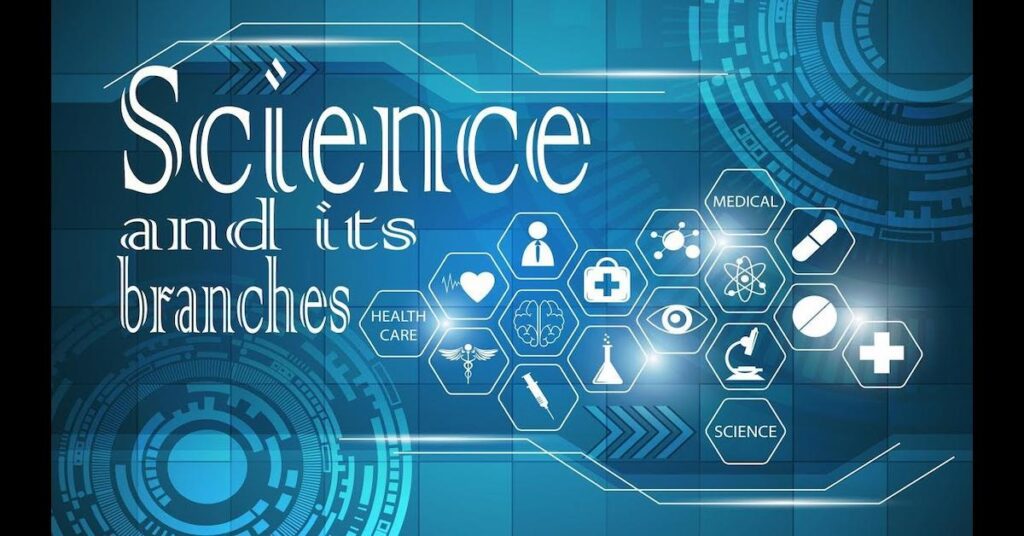Science
The main Branches of Science are concerned with the system of knowledge which studies the physical world and its phenomena. The study of science entails unbiased observations and systematic experimentation. Science tries to study the fundamental laws that govern nature.
Science can be subdivided into different branches based on the subject matter. The physical sciences or natural sciences study the inorganic world and comprise the fields of physics, chemistry, astronomy, and earth science. Biological science studies the organic world of life. The different branches of Social sciences such as anthropology, economics, and sociology study the social and cultural aspects of human behavior.


Branches of science
The Branches of Science are referred to as sciences, scientific fields, or scientific disciplines. They are commonly divided into three major branches of science. Natural science, social science, and formal science make up the fundamental branches of science. It is the form of the basis of interdisciplinarity and applied sciences such as engineering and medicine. It Specializes a scientific disciplines that exist in multiple categories and may include parts of other scientific disciplines but often possess their own terminologies and expertise.
Formal science
Formal science is a branch of science that studies formal language subjects concerned with formal systems, such as logical, mathematical, statistical, artificial intelligence, data science, etc. Formal Science aids the natural sciences by providing information about the structures the latter used to describe the world and what interference may be made about them. Empirical sciences such as (natural and social) involve empirical procedures and findings, whereas formal science does not involve empirical procedures and findings.
Natural science
Natural science deals with the study of natural phenomena with the help of description, understanding, and prediction. Natural science study is based on empirical evidence from observation and experimentation. Natural sciences are further subdivided into two disciplines, life sciences and physical sciences. Life sciences deal with the study of the organic world such as plants, animals, human beings, and microorganisms.
They are also termed Biology. On the other hand, physical sciences study the physical world and its phenomena. Earth science, physics, chemistry, and astronomy are branches of physical sciences. Natural sciences use empirical pieces of evidence and with the help of empirical findings to study the laws of nature. It incorporates information, and findings from formal sciences such as mathematics and logic to prove the laws of nature.
Social science
Social science is a branch of science that deals with the study of societies and the interaction of individuals within those societies. Social science is a vast field of science and has many branches. Natural sciences study natural phenomena with the help of empirical pieces of evidence whereas social science deals with societies and the interaction between the people who live in them.
The objective of social sciences is to study different characteristics of society. After studying these characteristics, empirical generalizations are developed, which develop into social theory over time. Social scientists have tried to study the aspects of society from time to time, and have given conclusions about the societies and the people living in them.
Conclusion
There are three major branches of science. These branches of science are further divided into several disciplines. We have learned that formal sciences such as mathematics and logic are based on formal language subjects and are developed to create an understanding of natural sciences. Natural science is based on empirical evidence and it tries to find out the causes of natural phenomena. With the help of observation and formal science, natural sciences try to prove the laws of nature. Social sciences on the other hand try to study the behavior of an individual with other individuals in a society. Social sciences let us understand how a society develops and functions.
